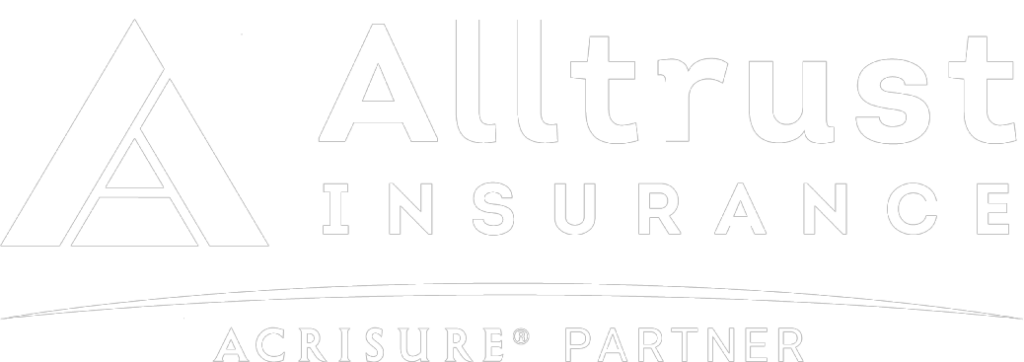Part 1 in a series on COVID-19 and its effect on our workplace begins below. Look for additional informational materials in the next week.
According to the CDC, Coronaviruses are a large family of viruses that are common in humans and many different species of animals, including camels, cattle, cats, and bats. Rarely, animal coronaviruses can infect people and then spread between people, such as with MERS-CoV and SARS-CoV. The virus that causes COVID-19 is spreading from person-to-person in China and some limited person-to-person transmission has been reported in countries outside China, including the United States.
All employers need to consider how best to decrease the spread of acute respiratory illness and lower the impact of COVID-19 in their workplace. They should identify and communicate their objectives, which may include one or more of the following: (a) reducing transmission among staff, (b) protecting people who are at higher risk for adverse health complications, (c) maintaining possible work-related exposure and health risks to employees.
All employers should be ready to implement strategies to protect their workforce from COVID-19 while ensuring continuity of operations. During a COVID-19 outbreak, all sick employees should stay home and away from the workplace, respiratory etiquette and hand hygiene should be encouraged, and routine cleaning of commonly touched surfaces should be performed regularly.
Actively Encourage Sick Employees to Stay Home
Employees who have symptoms of acute respiratory illness are recommended to stay home and not come to work until they are free of fever (100.4° F [37.8° C] or greater using an oral thermometer), signs of a fever, and any other symptoms for at least 24 hours, without the use of fever-reducing or other symptom-altering medicines (e.g. cough suppressants). Employees should notify their supervisor and stay home if they are sick.
Ensure that your sick leave policies are flexible and consistent with public health guidance and that employees are aware of these policies.
Talk with companies that provide your business with contract or temporary employees about the importance of sick employees staying home and encourage them to develop non-punitive leave policies.
Do not require a healthcare provider’s note for employees who are sick with acute respiratory illness to validate their illness or to return to work, as healthcare provider offices and medical facilities may be extremely busy and not able to provide such documentation in a timely way.
Employers should maintain flexible policies that permit employees to stay home to care for a sick family member. Employers should be aware that more employees may need to stay at home to care for sick children or other sick family members than is usual.
Separate Sick Employees
CDC recommends that employees who appear to have acute respiratory illness symptoms (i.e. cough, shortness of breath) upon arrival to work or become sick during the day should be separated from other employees and be sent home immediately. Sick employees should cover their noses and mouths with a tissue when coughing or sneezing (or an elbow or shoulder if no tissue is available).
Emphasize Staying Home When Sick, Respiratory Etiquette and Hand Hygiene by All Employees
Place posters that encourage staying home when sick, cough and sneeze etiquette, and hand hygiene at the entrance to your workplace and in other workplace areas where they are likely to be seen.
Provide tissues and no-touch disposal receptacles for use by employees.
Instruct employees to clean their hands often with an alcohol-based hand sanitizer that contains at least 60-95% alcohol, or wash their hands with soap and water for at least 20 seconds. Soap and water should be used preferentially if hands are visibly dirty.
Provide soap and water and alcohol-based hand rubs in the workplace. Ensure that adequate supplies are maintained. Place hand rubs in multiple locations or in conference rooms to encourage hand hygiene.
For additional information on the Coronavirus and helpful tips, please visit https://alltrustbenefits.consulting/coronavirus.




